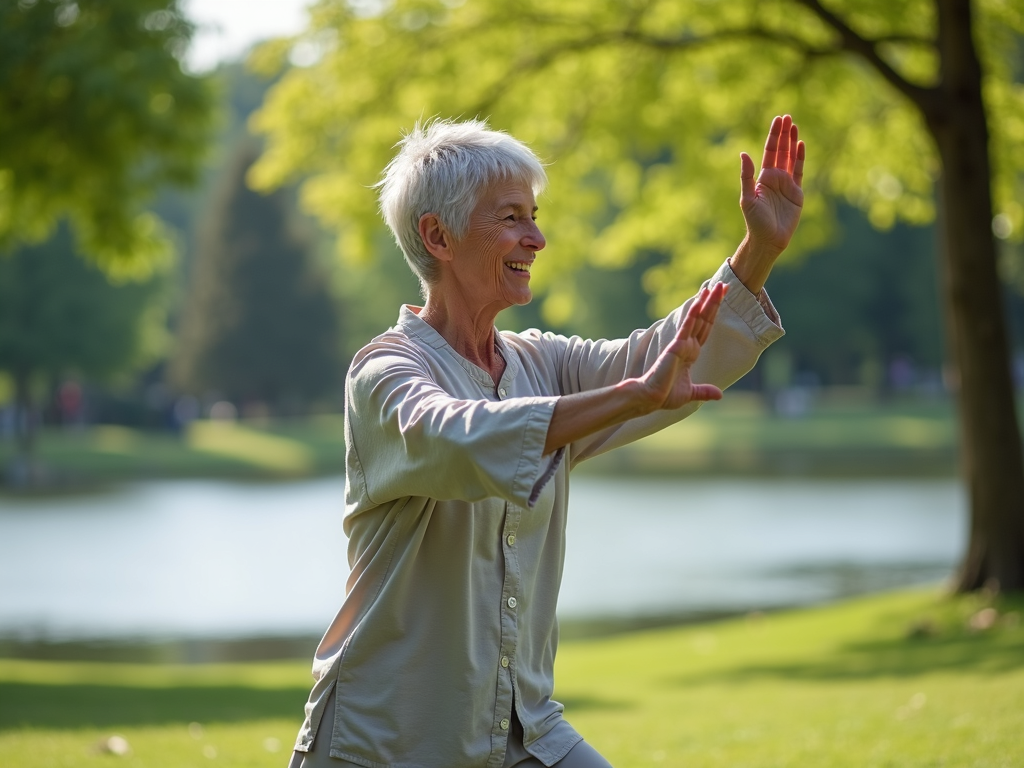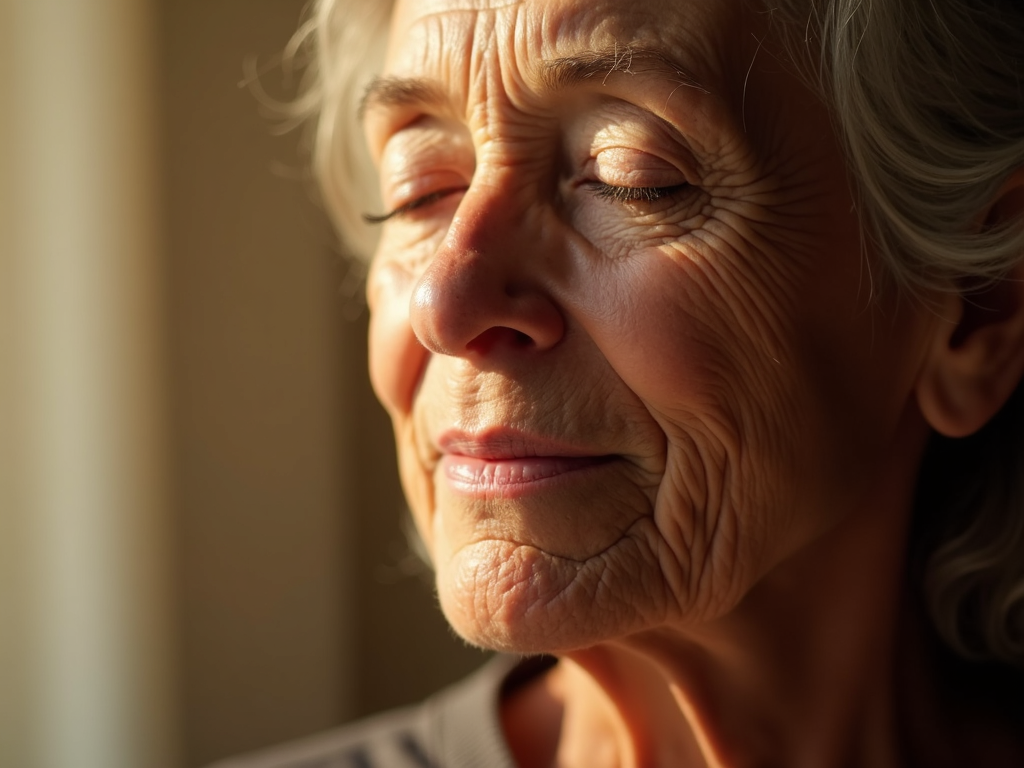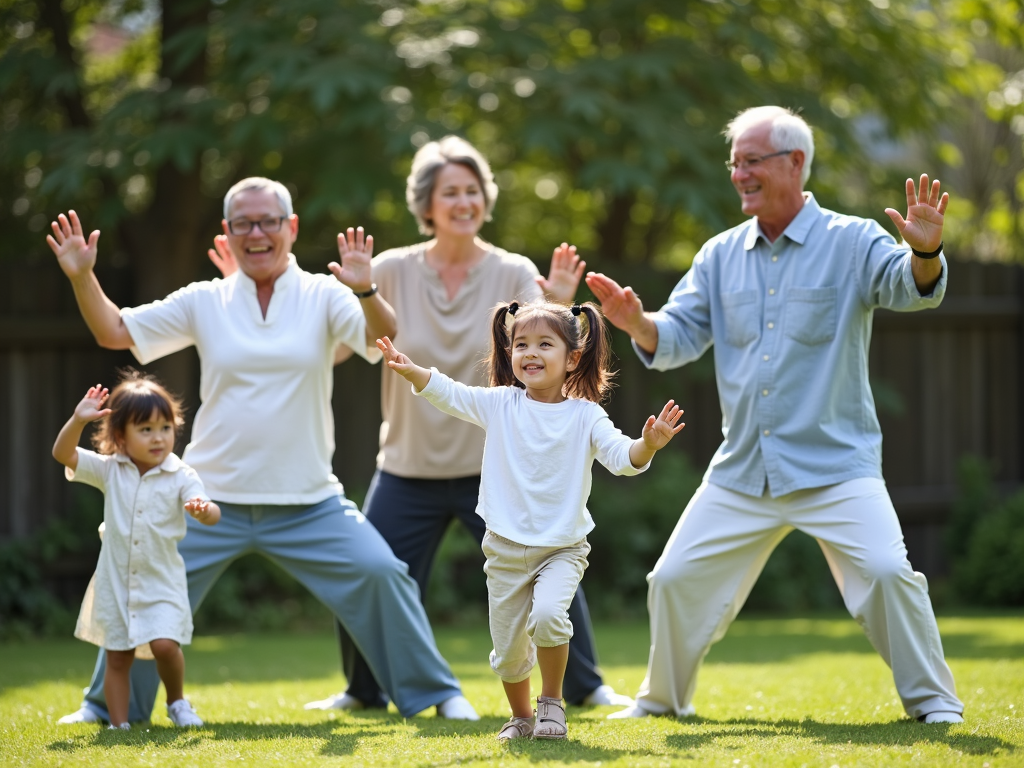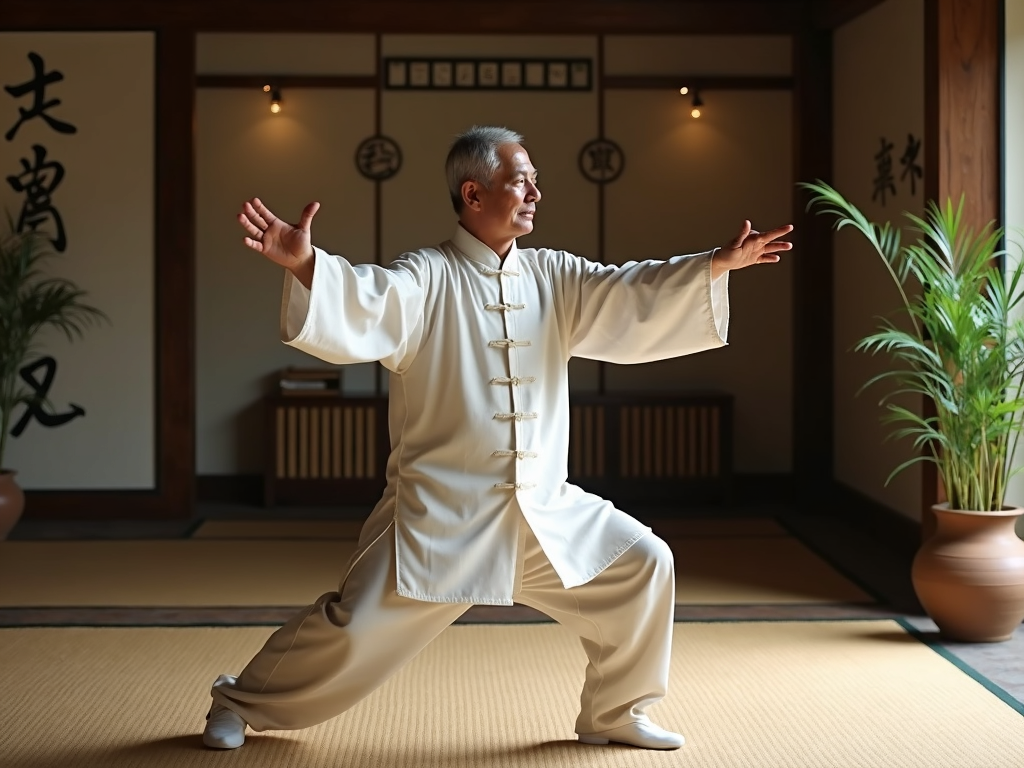Tai Chi is a gentle, low-impact exercise that offers numerous benefits for seniors, including improved balance, flexibility, and mental clarity. This article explores these benefits and provides practical tips for getting started.
Tai Chi, an ancient Chinese martial art, has gained popularity worldwide for its health benefits, especially among seniors. This slow, graceful form of exercise involves a series of movements performed in a focused manner, often described as "meditation in motion." For seniors, Tai Chi is particularly beneficial as it is low-impact, can be adapted to various fitness levels, and promotes overall well-being. In this article, we will delve into the benefits of Tai Chi for seniors, explore its impact on family wellness, and provide insights on how to incorporate this practice into daily life.
One of the most significant benefits of Tai Chi for seniors is its ability to improve balance and reduce the risk of falls. According to the National Institute on Aging, falls are a leading cause of injury among older adults, and exercises like Tai Chi can help prevent them by enhancing stability and coordination. A study published by the NIA found that seniors who practiced Tai Chi regularly experienced fewer falls compared to those who did not.
Additionally, Tai Chi promotes flexibility and muscle strength. The gentle stretching and weight-shifting movements help maintain joint mobility and muscle tone, which are crucial for seniors to stay active and independent. For those suffering from chronic pain or arthritis, Tai Chi can be a soothing alternative to high-impact exercises. The Arthritis Foundation recommends Tai Chi as a safe and effective way to manage arthritis symptoms, as it reduces pain and improves physical function.

Beyond its physical advantages, Tai Chi offers profound mental and emotional benefits. The practice encourages mindfulness, a state of being fully present in the moment, which is essential for reducing stress and anxiety. This concept is beautifully explored in Eckhart Tolle's book, "The Power of Now," which emphasizes the importance of living in the moment for overall well-being. By focusing on the breath and movements, Tai Chi practitioners can achieve a meditative state that calms the mind and enhances mental clarity.
Moreover, research has shown that Tai Chi can improve cognitive function and memory in seniors. A study from the University of California, Los Angeles (UCLA), found that regular Tai Chi practice was associated with better performance on memory tests and increased brain volume in areas related to cognitive function. This makes Tai Chi a valuable tool for maintaining mental sharpness as we age.

Tai Chi is often practiced in groups, which provides an excellent opportunity for social interaction and community building. Joining a Tai Chi class can help seniors connect with others, fostering friendships and a sense of belonging. This social aspect is crucial for mental health, as it combats loneliness and isolation, common issues among older adults.
Furthermore, Tai Chi can be a wonderful activity for families to enjoy together, promoting family wellness. Practicing Tai Chi with family members not only strengthens bonds but also encourages a shared commitment to health and well-being. As the saying goes, "A family that moves together, stays together."

If you're a senior interested in trying Tai Chi, here are some tips to get started:
- Find a Class or Instructor: Look for local community centers, gyms, or senior centers that offer Tai Chi classes. Ensure the instructor is experienced in teaching seniors.
- Start Slowly: Begin with short sessions and gradually increase the duration as you become more comfortable.
- Listen to Your Body: Pay attention to how your body feels and avoid pushing yourself too hard. Tai Chi is about gentle, flowing movements.
- Practice Regularly: Consistency is key. Aim for at least two to three sessions per week.
- Use Online Resources: If attending a class isn't feasible, there are many online videos and tutorials available for beginners.

I first discovered Tai Chi during a visit to a local park, where I saw a group of seniors moving gracefully in unison. Intrigued, I decided to join a class and was amazed at how quickly I felt the benefits. Not only did my balance improve, but I also found myself feeling more relaxed and focused throughout the day. One of my favorite aspects of Tai Chi is the sense of community it fosters. I've made wonderful friends through my classes, and we often gather for tea after practice to chat and laugh.
In summary, Tai Chi offers a multitude of benefits for seniors, from improved physical health to enhanced mental and emotional well-being. Its gentle nature makes it accessible to people of all fitness levels, and its emphasis on mindfulness and community adds depth to the practice. If you're a senior looking to improve your quality of life, consider giving Tai Chi a try. You might just find it to be the perfect blend of exercise, meditation, and social connection.
Discuss Here